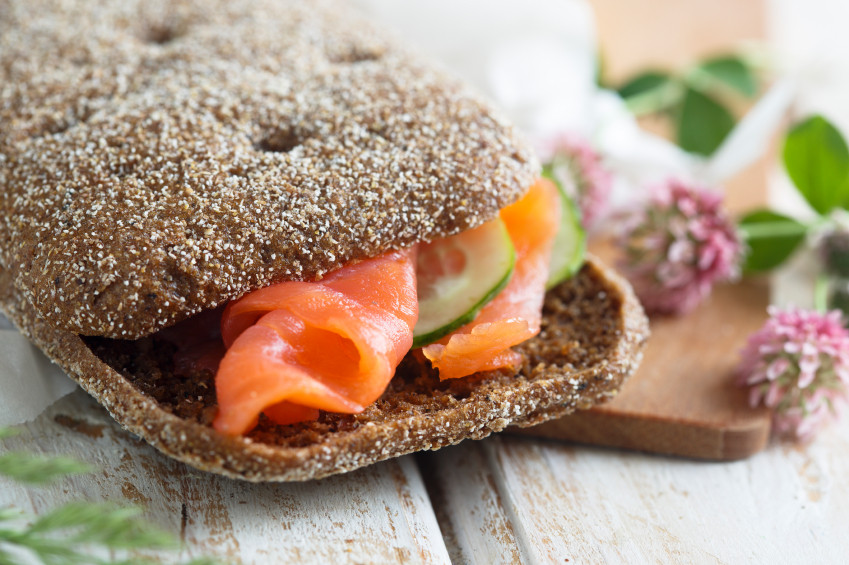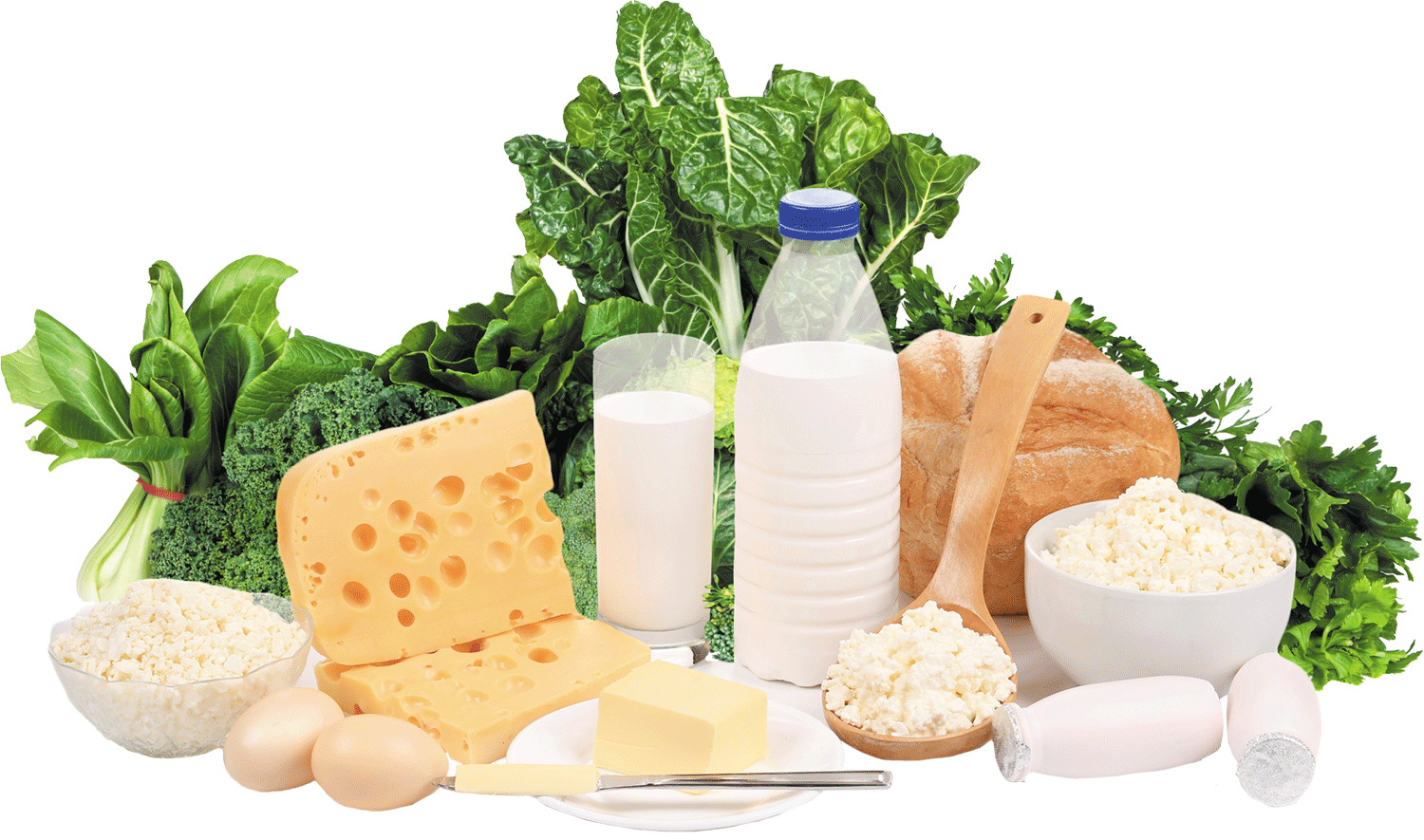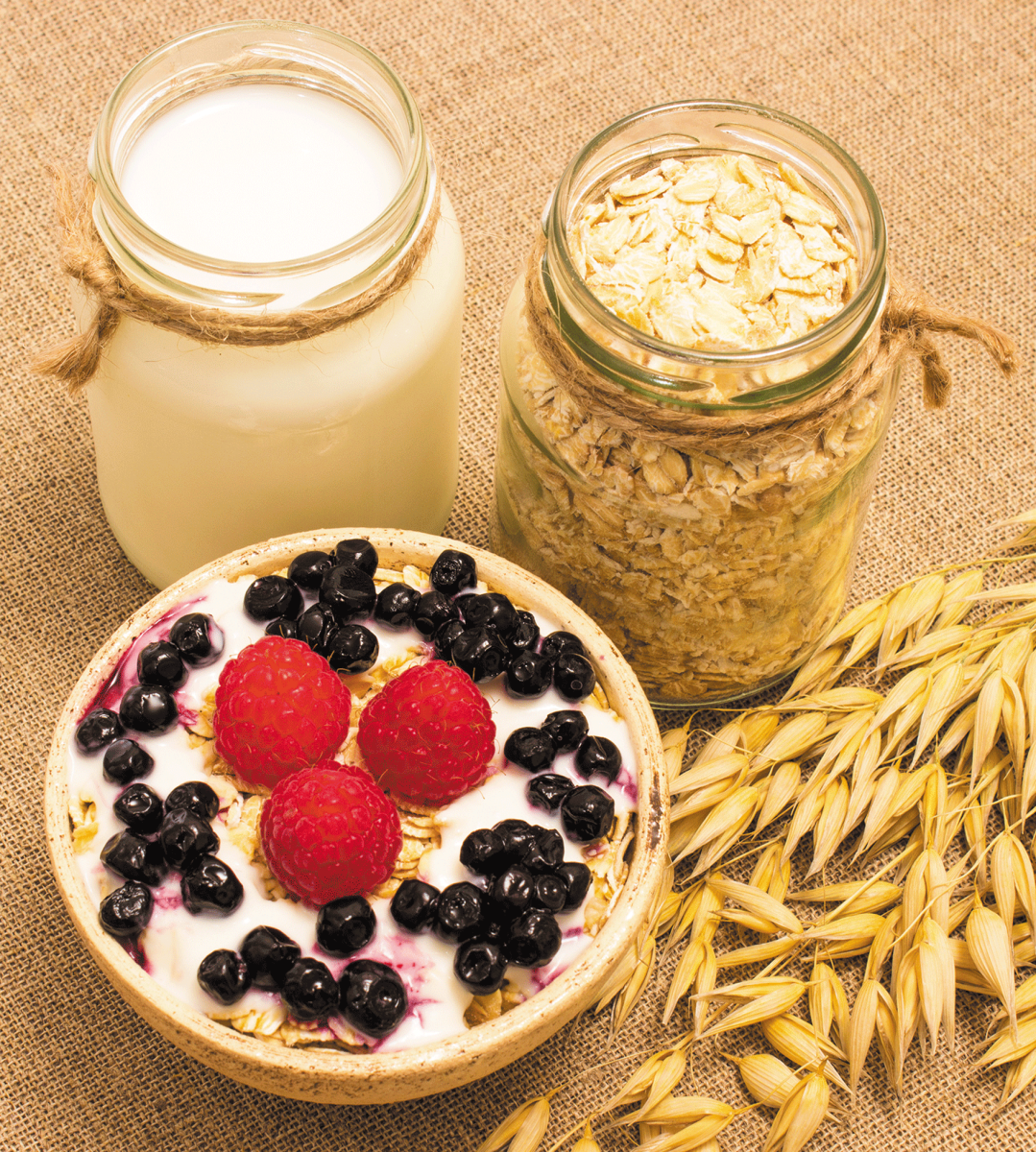
What are somatic workouts?

How to curb your stress eating

How to spot Parkinson’s disease symptoms

8 simple ways to reduce ultra-processed foods in your diet

Heart failure symptoms in women: How they’re different

GERD diet: Foods to avoid to reduce acid reflux

Strong is the new skinny

Everyday habits that sneakily weaken your bones

Don’t wait to get help for back pain

Correcting how you walk may ease osteoarthritis knee pain
Nutrition Archive
Articles
Which fruits and vegetables are best for weight loss?
Image: Thinkstock
Research we're watching
Eating more fruits and vegetables can help you control your weight, but the type of produce you choose may make a difference, a new study finds.
Researchers tracked nearly 118,000 people in their 30s and 40s, collecting information about their eating habits every four years for 24 years. They found that over a four-year period, people who ate an extra daily serving of fruit shed about a half pound of weight, while those who ate an extra daily serving of vegetables lost a quarter-pound, on average.
Calcium supplements for bone health: Do you really need them?
Image: Thinkstock
Calcium is required for good health, and you can obtain most of what you need from common foods.
Calcium builds strong bones—right? In general that's true, because calcium forms the bricks and mortar of bones. That's why you need to take in sufficient calcium from your diet to replace worn-out bone as you age. Being deficient in calcium can weaken bones, leaving them more prone to breaking. Vitamin D is the helpmate to calcium, allowing the body to absorb more of the mineral during digestion.
DASH diet linked to better dental health
Image: Bigstock
In the journals
Eating a heart-healthy diet is associated with better dental health, according to a study in the Journal of the American Geriatrics Society. The Dietary Approaches to Stop Hypertension (DASH) diet was originally developed to lower blood pressure, but research has uncovered a variety of other possible health benefits.
In the new study, researchers with the Veterans Affairs Dental Longitudinal Study followed 533 men ages 47 to 90. The men had dental exams every three years over a 20-year period. A trained examiner checked the men for signs of root cavities, which can occur if the gums recede and expose the root surface. Root cavities lead to tooth loss, an outcome that most men understandably want to avoid.
High olive oil consumption linked to lower breast cancer risk
Image: Bigstock
Research we're watching
A preliminary study published Sept. 14, 2015, in JAMA Internal Medicine reported that older women in Spain who ate a traditional Mediterranean diet enhanced with extra-virgin olive oil were less likely to be diagnosed with breast cancer. The study was part of a large Spanish clinical trial, Prevención con Dieta Mediterránea (PREDIMED).
PREDIMED looked at three different groups of women. One followed the Mediterranean diet plus extra servings of olive oil. A second followed the diet plus extra servings of nuts. Those in the third group were ad-vised to reduce their fat intake. The study followed about 4,300 women ages 60 to 80 for five years.
Ask the doctor: Are diet drinks safe?
Image: Thinkstock |
Q. I've been drinking Fresca since I was in college. Lately I've been reading that diet drinks may cause weight gain and have other bad effects. Is that true?
A. There is some controversy about whether drinking diet soda helps or hurts in maintaining or achieving a healthy weight. Some studies show that people who consume artificially sweetened drinks take in fewer calories and are better able to control their weight. However, other studies show the opposite—that consuming diet drinks may result in weight gain as well as type 2 diabetes.
A few things you might not know about alcohol
Beer, wine, and spirits are foods as well as intoxicants that have different effects in women than in men.
In the first episode of the sitcom "Grace and Frankie," the title characters, played by Jane Fonda and Lily Tomlin, are ordering drinks before dinner. When carb-conscious Fonda sends the breadbasket away and asks for a very dry vodka martini, Tomlin reminds her that vodka is made from potatoes. Fonda responds, "Alcohol has its own rules."
Commonsense strategies to help you eat more fruits and vegetables
Image: Thinkstock |
Here's how to enhance the foods you already like with heart-healthy plant sources.
According to a recent national food survey by the CDC, 87% of American adults do not eat the minimum daily recommended portions of fruit (1.5 to 2 cups), and 91% are not getting the recommended amount of vegetables (2 to 3 cups a day). The reasons for this unhealthy trend vary. One important factor is that food preferences, including an aversion to fruits and vegetables, form early in life and can be hard to change. "People say, 'I don't like salad' and 'I don't like spinach,' and that's that," says Stacey Nelson, a registered dietitian and manager of clinical nutrition at Harvard-affiliated Massachusetts General Hospital.
The balancing act: A guide to heart-friendly holiday eating
Making smart eating choices can help you enjoy your favorite holiday foods in a heart-healthy way. |
Planning ahead can help you navigate the hazards of holiday overindulgence.
Whole-grain oats: Best bet for lowering cholesterol
Image: Thinkstock |
Research we're watching
Want to nudge down your cholesterol level? Try a bowl of oatmeal for breakfast. New research adds to earlier evidence that among the whole grains, oats are the most effective choice when it comes to lowering cholesterol.
The findings were gleaned from 24 studies that looked at blood lipids (cholesterol and triglycerides) in people who ate diets featuring whole-grain foods versus non-whole-grain control diets. Compared with the control diets, whole-grain diets lowered total cholesterol levels by an average of 4.6 points. Diets featuring oats proved to be slightly superior, dropping cholesterol levels by 6.5 points, on average. An added bonus: whole-grain diets don't appear to lower beneficial HDL cholesterol. The report appeared in the September 2015 American Journal of Clinical Nutrition.

What are somatic workouts?

How to curb your stress eating

How to spot Parkinson’s disease symptoms

8 simple ways to reduce ultra-processed foods in your diet

Heart failure symptoms in women: How they’re different

GERD diet: Foods to avoid to reduce acid reflux

Strong is the new skinny

Everyday habits that sneakily weaken your bones

Don’t wait to get help for back pain

Correcting how you walk may ease osteoarthritis knee pain
Free Healthbeat Signup
Get the latest in health news delivered to your inbox!
Sign Up











